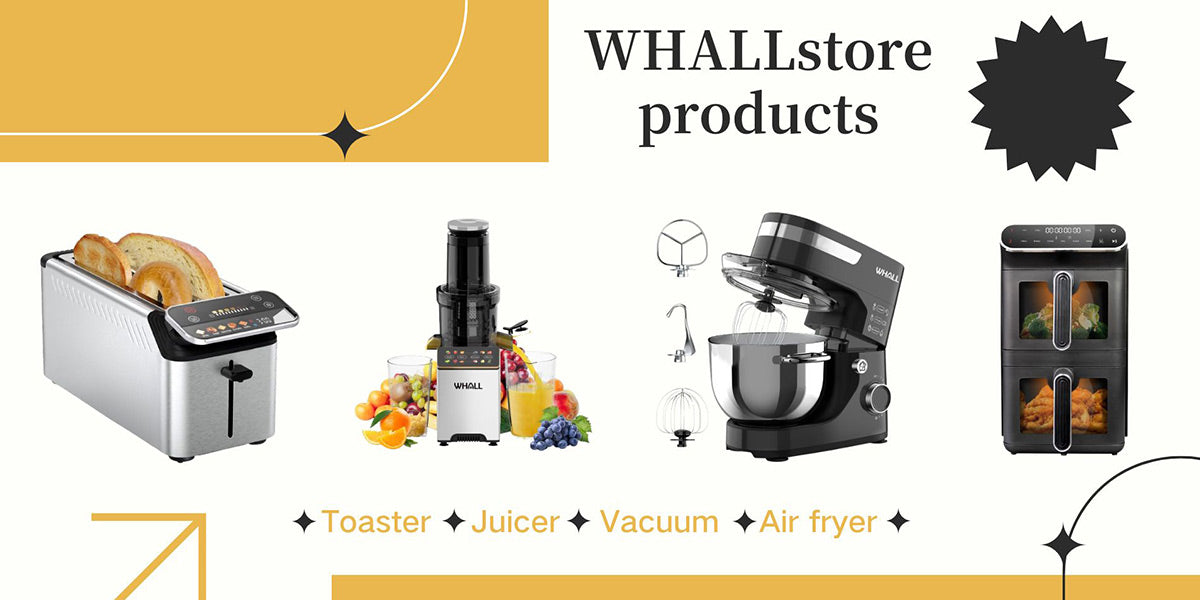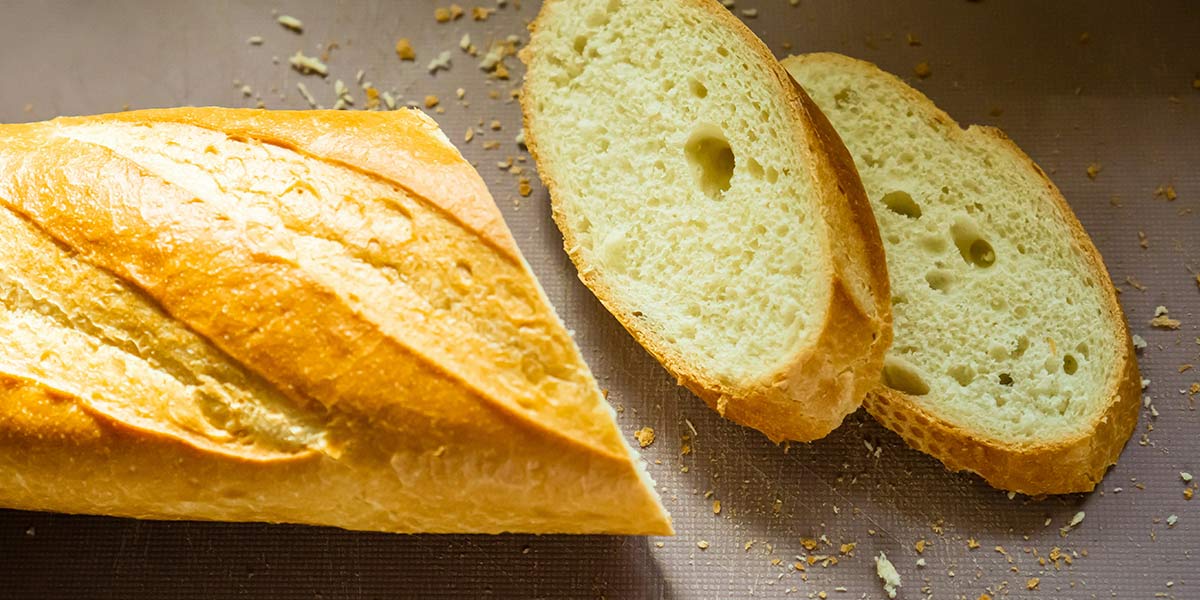In today’s health-conscious dietary trends, juicers have become essential appliances in many households. However, traditional centrifugal juicers generate heat and oxidation during high-speed spinning, leading to nutrient loss and juice separation. In contrast, slow juicers (also called cold-press or masticating juicers) use low-speed extraction technology to better preserve the nutrients in fruits and vegetables while delivering a purer, smoother taste. This article explores the key advantages of slow juicers and explains why they are the ideal choice for a healthier lifestyle.

1. Higher Nutrient Retention
Traditional high-speed juicers generate friction heat, which can destroy vitamins, enzymes, and antioxidants in produce. Slow juicers, however, operate at low speeds (typically 40-80 RPM), minimizing heat and oxidation to retain:
-
Vitamin C & B vitamins (heat-sensitive)
-
Active enzymes (aid digestion and metabolism)
-
Phytonutrients & antioxidants (e.g., carotenoids, anthocyanins)
As a result, slow-pressed juice is not only healthier but also richer in color and natural flavor.
2. Higher Juice Yield, Drier Pulp
Slow juicers use an auger to gently crush and press ingredients, extracting more liquid than high-speed blades, especially for:
-
Fibrous produce (e.g., carrots, celery, wheatgrass)
-
Soft fruits (e.g., strawberries, grapes, oranges)
Studies show that slow juicing yields 15%-30% more juice than traditional methods, with drier pulp and less waste.

3. Smoother Juice, No Separation
High-speed juicers incorporate excess air, causing juice to oxidize quickly, foam up, and separate. Slow-pressed juice, on the other hand:
-
Has minimal foam for a smoother texture
-
Stays homogenized longer (can be refrigerated for 24-48 hours)
-
No metal blade contact, avoiding metallic aftertaste
4. Versatility for Various Ingredients
Beyond standard fruits and vegetables, slow juicers can process:
-
Nut milks (e.g., almond milk, cashew milk)
-
Baby food (e.g., fine fruit/vegetable purees)
-
Smoothies & sorbets (gentle blending preserves texture)
Some premium models even allow making soy milk, gelato, and more, offering greater functionality.
5. Quieter Operation & Longer Lifespan
Traditional juicers are noisy, but slow juicers run at just 40-60 decibels (similar to a quiet conversation), making them ideal for mornings or late-night use. Additionally, their low-speed motors experience less wear and tear, ensuring greater durability.

Conclusion: Why Choose a Slow Juicer?
✅ Maximizes nutrition – Low-speed, cold-press extraction reduces oxidation
✅ Higher juice yield – Less waste, more value
✅ Better taste & texture – No foam, no separation, purer flavor
✅ Multifunctional – Juices, nut milks, baby food, and more
✅ Quieter & more durable – A smoother, longer-lasting experience
If you seek high-quality, nutrient-rich juices and a healthier diet, a slow juicer is undoubtedly the smarter choice. It ensures every glass is packed with natural goodness, helping you and your family enjoy truly fresh and vibrant flavors!
Upgrade to a slow juicer today and embark on a healthier juicing journey! 🍏🍊🥕




Leave a comment
This site is protected by hCaptcha and the hCaptcha Privacy Policy and Terms of Service apply.